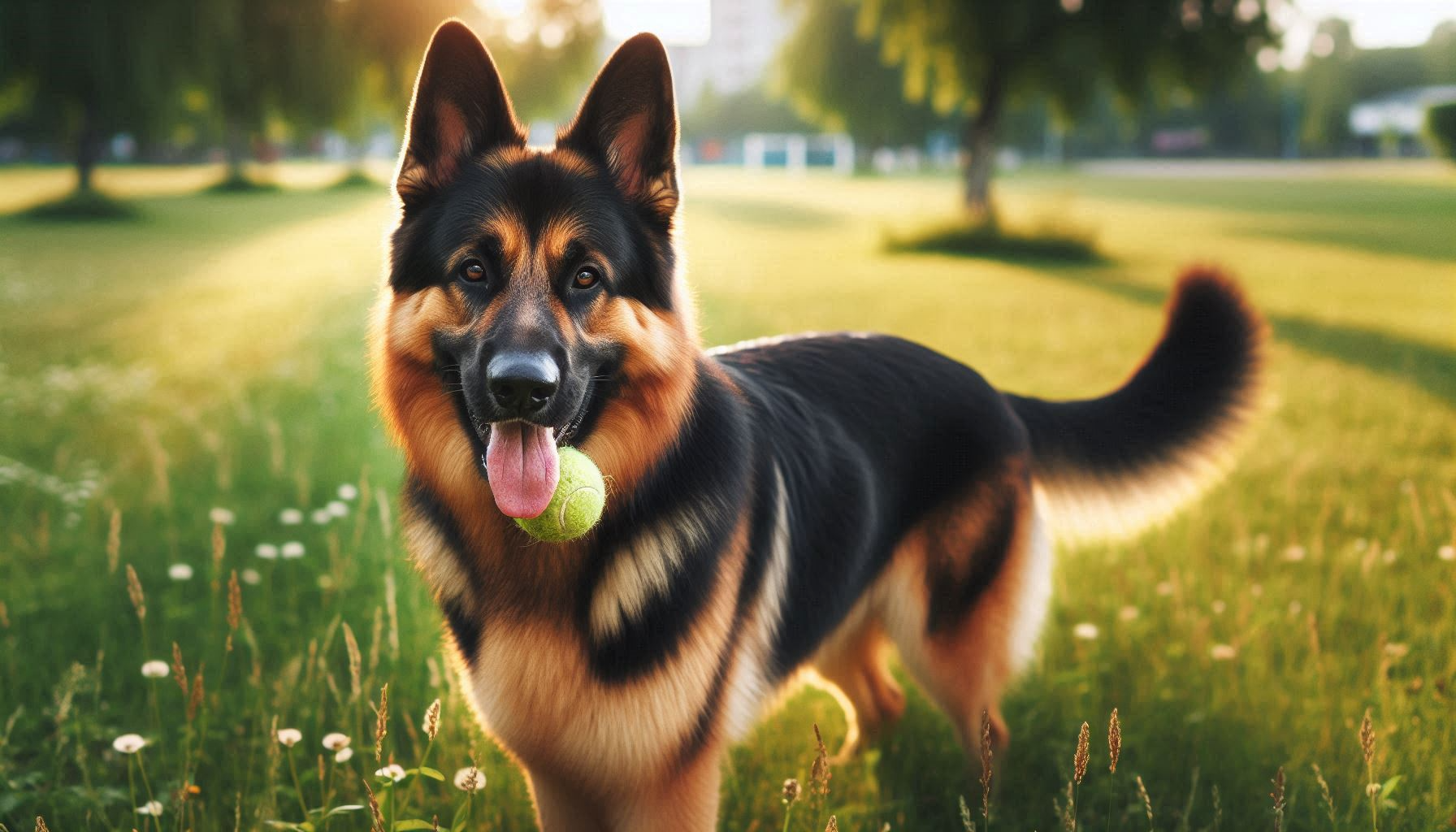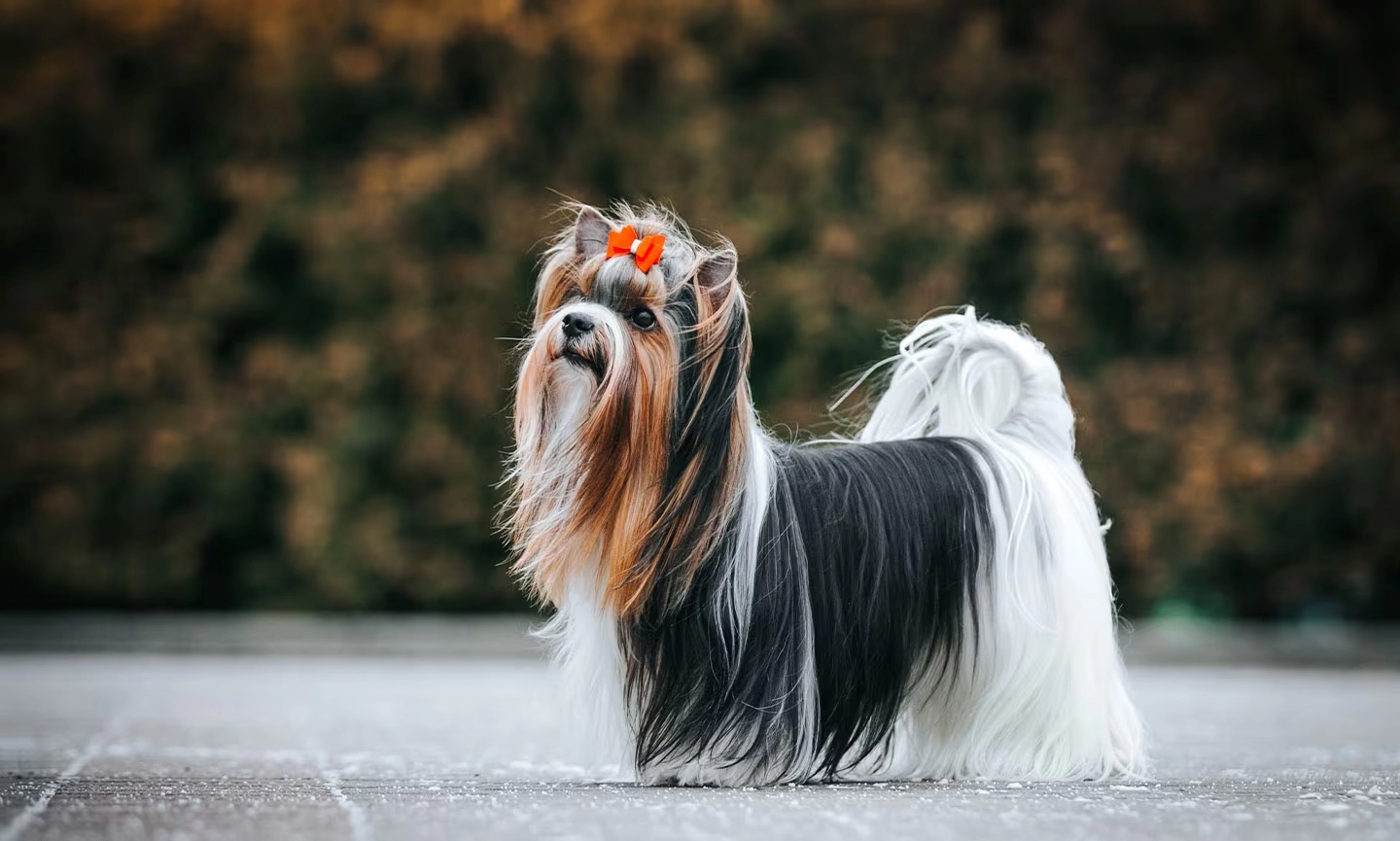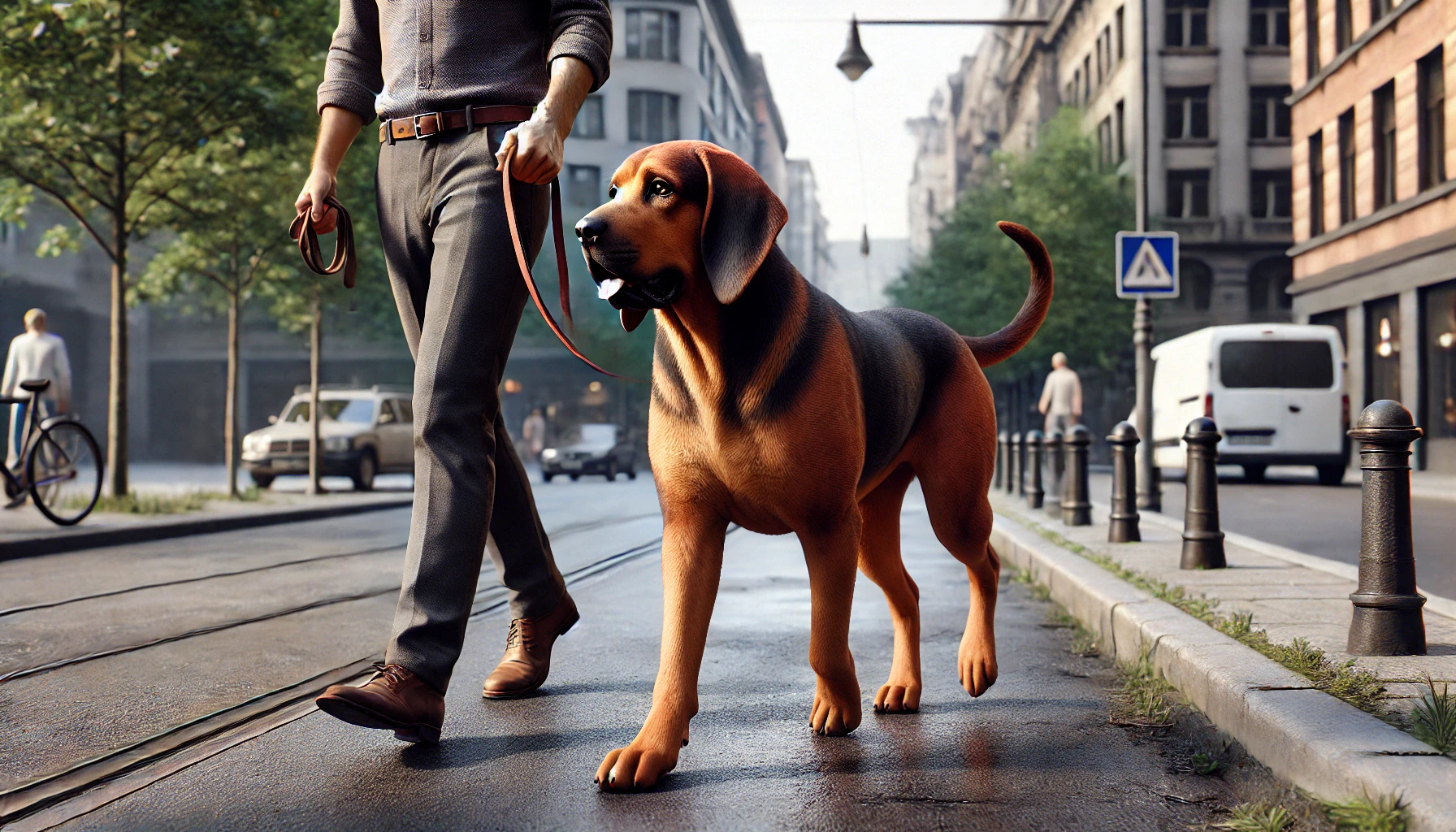Table of Contents
Boxer dog Breed
The Boxer is a medium to large sized breed known for its muscular build, boundless energy, and playful nature. Recognized for their distinctive square-shaped head and powerful jaw, Boxers are both protective and affectionate, making them a popular choice for families and individuals alike. Their combination of intelligence, loyalty, and athleticism has earned them a special place in the hearts of dog lovers worldwide.
History and Origin

The Boxer breed traces its origins back to Germany in the late 19th century. Descended from the now-extinct Bullenbeisser, a dog used for hunting large game, the Boxer was developed to be a versatile working dog. The breed’s name is derived from its characteristic way of “boxing” with its front paws during play and defense. Initially used for hunting, guarding, and even as messenger dogs during wartime, Boxers have transitioned into beloved family pets and show dogs.
Physical Characteristics
Boxers are distinguished by their strong, athletic build and expressive faces. Key physical characteristics include:
- Size: Boxers typically stand between 21.5 to 25 inches tall at the shoulder.
- Weight: They usually weigh between 50 to 80 pounds.
- Coat Colors: The breed sports a short, shiny coat that comes in fawn, brindle, and white, often with distinctive black masks and white markings.
- Head: Boxers have a distinctive square-shaped head with a strong jaw and pronounced muzzle.
- Ears: Traditionally cropped to stand erect, but many owners now prefer leaving them natural and floppy.
- Eyes: Dark brown eyes that exude intelligence and alertness.
Personality and Temperament
Boxers are known for their exuberant and friendly nature. Their temperament makes them excellent companions for various households. Notable traits include:
- Playful: Boxers are incredibly playful and enjoy engaging in activities with their families.
- Loyal: They are fiercely loyal to their owners and often form strong bonds with family members.
- Protective: Boxers have a natural protective instinct, making them excellent watchdogs.
- Energetic: They possess high energy levels and require regular physical activity to remain happy and healthy.
- Social: Boxers are generally friendly towards other dogs and pets when properly socialized.
Care and Maintenance

Taking care of a Boxer involves addressing their exercise, grooming, and overall maintenance needs.
- Exercise Requirements: Boxers are high-energy dogs that need at least an hour of vigorous exercise daily. Activities like running, playing fetch, and agility training are excellent for keeping them physically and mentally stimulated.
- Grooming Needs: Their short coat requires minimal grooming. Regular brushing helps reduce shedding and keeps their coat shiny. Boxers are prone to drooling, so wiping their faces regularly is also necessary.
- General Maintenance: Regular nail trimming, ear cleaning, and dental care are essential to maintain their overall health.
Health and Common Conditions
Boxers are generally healthy dogs but are predisposed to certain health issues:
- Hip Dysplasia: A genetic condition affecting the hip joints, leading to arthritis and mobility issues.
- Boxer Cardiomyopathy: A heart condition specific to the breed, causing irregular heartbeats.
- Cancer: Boxers are prone to various cancers, including mast cell tumors and lymphoma.
- Hypothyroidism: A condition where the thyroid gland doesn’t produce enough hormones, affecting metabolism.
- Bloat: A life-threatening condition where the stomach twists, requiring immediate medical attention.
Training and Socialization
Boxers are intelligent but can be strong-willed, making training essential.
- Consistency: Use consistent commands and positive reinforcement techniques to train your Boxer.
- Early Socialization: Expose your Boxer to different environments, people, and other animals from a young age to develop a well rounded temperament.
- Patience: Boxers can be exuberant and easily distracted, so patience and persistence are crucial during training sessions.
Diet
Proper nutrition is vital for a Boxer’s health:
- High-Quality Dog Food: Select a premium dog food that meets their nutritional needs based on age, weight, and activity level.
- Portion Control: Monitor their food intake to prevent obesity, which can exacerbate health issues.
- Healthy Treats: Use healthy treats in moderation, ensuring they complement their overall diet.
Suitability as a Pet

Boxers make excellent pets for a variety of households:
- Active Families: Their high energy levels make them ideal for families that enjoy outdoor activities.
- Families with Children: Boxers are gentle and protective, making them great companions for kids.
- Single Owners: They form strong bonds with their owners and can be loyal and affectionate companions.
Similar Dogs
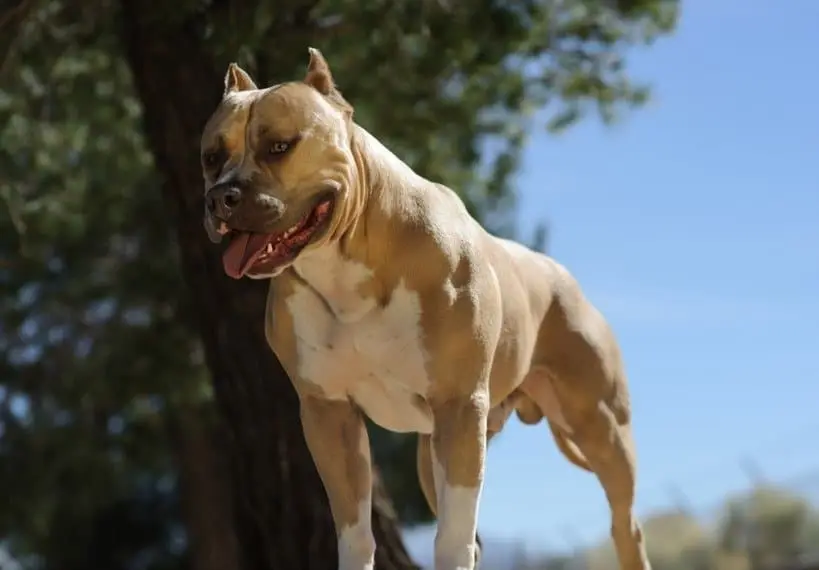
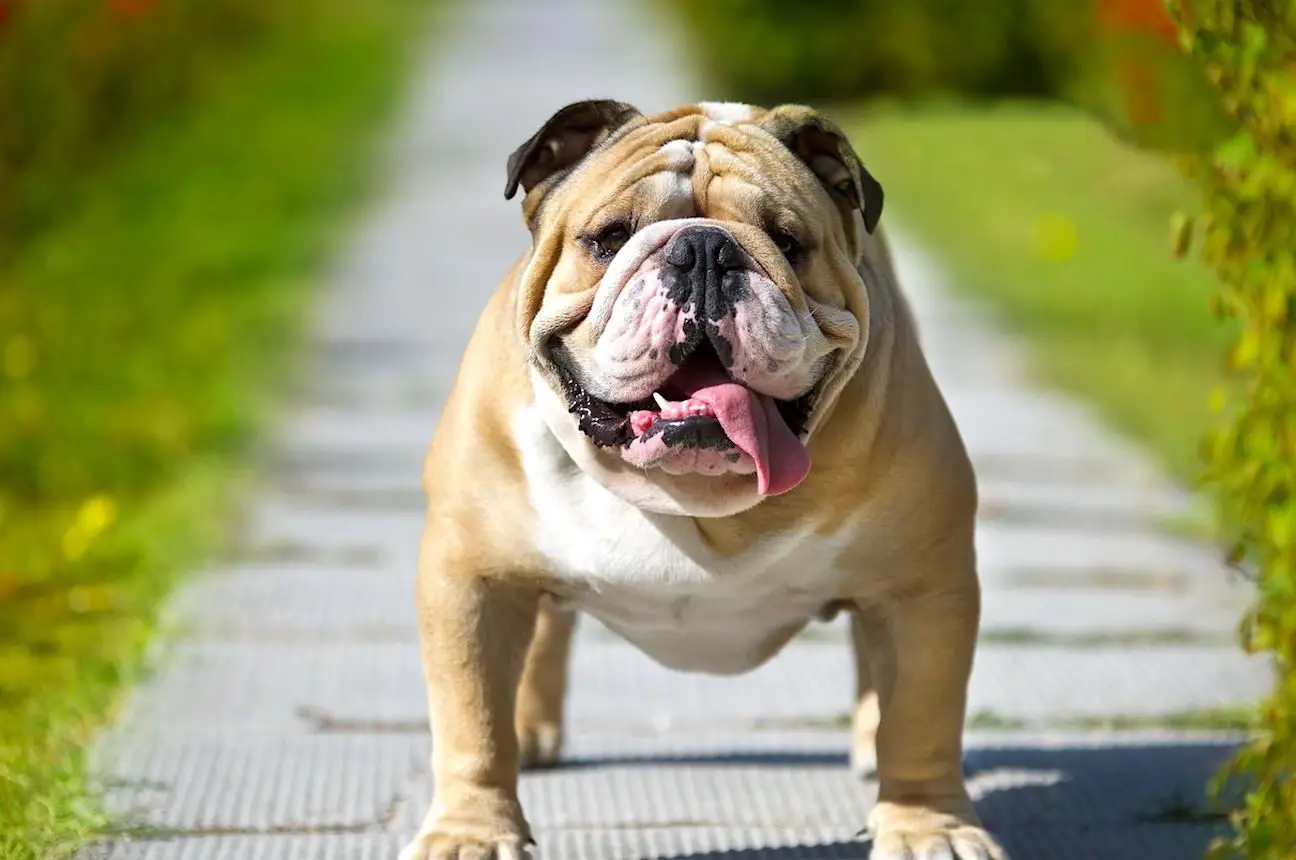

Several breeds share similarities with the Boxer:
- Bulldog: Known for their muscular build and affectionate nature.
- Bullmastiff: A larger breed with similar protective instincts.
- American Pit Bull Terrier: Shares the Boxer’s energetic and loyal traits.
Conclusion
The Boxer is a remarkable breed that combines intelligence, loyalty, and energy into one package. Their playful and protective nature, coupled with their minimal grooming needs, makes them an ideal choice for active families and individuals alike. Whether you’re looking for a devoted companion or an energetic playmate, the Boxer is a breed that deserves serious consideration.
